Debunking the Myth: Do Porcelain Veneers Cause Cavities?
Are you considering porcelain veneers to enhance your smile but worried about the rumors that they can cause cavities? Don’t let these myths hold you back from achieving a perfect set of teeth. We’re here to debunk this common misconception and put your mind at ease. In this blog post, we’ll explore the truth behind whether or not porcelain veneers are likely to contribute to tooth decay and what you need to know before making an informed decision. So sit back, relax, and let’s sort out fact from fiction!
Understanding Porcelain Veneers
Porcelain veneers are a type of dental restoration that can be used to improve the appearance of your teeth. They are made from thin pieces of porcelain that are bonded to the front surface of your teeth. Veneers can be used to correct a variety of dental problems, including cracked, chipped, or discolored teeth.
While veneers are typically considered safe and effective, there is a common myth that they can cause cavities. This is not true! Veneers help to protect your teeth from cavities by creating a barrier against bacteria and food particles. So if you’re considering veneers, you can rest assured that they won’t cause cavities.
Does Porcelain Veneer Increase the Risk of Cavities?
Porcelain veneers are often used to improve the appearance of teeth, but there is a common misconception that they can increase the risk of cavities. However, this is not true! It helps to protect teeth from cavities by creating a barrier between the tooth and bacteria.
There are many benefits to veneers, but increased cavity risk is not one of them. So if you’re considering getting veneers, you can rest assured knowing that your teeth will be just as safe as they were before.
Advantages and Disadvantages of Porcelain Veneers
Porcelain veneers are a popular cosmetic dentistry treatment that can give you a beautiful, white smile. But like all dental treatments, they have both advantages and disadvantages that you should be aware of before making a decision.
Advantages:
Porcelain veneers can give you an instantly whiter, brighter smile. They can also be used to correct minor imperfections such as gaps, chips, and misshapen teeth. Veneers are also very durable and can last for many years with proper care.
Disadvantages:
Porcelain veneers are not reversible, so once they are placed on your teeth, they cannot be removed. Veneers also require some preparation of the tooth surface before they can be placed, which means that some of your natural tooth structure will be removed. Dental veneers also tend to be more expensive than other cosmetic dental treatments such as teeth whitening or bonding.
What Are the Best Practices to Ensure Proper Oral Hygiene?
There are a few best practices to ensure proper oral hygiene:
1. Brush your teeth at least twice a day with fluoride toothpaste.
2. Floss your teeth every day.
3. Visit your dentist for regular checkups and cleanings.
4. Eat a balanced diet and avoid sugary snacks and drinks.
5. Quit smoking if you do smoke cigarettes.
Tips to Maintain Healthy Teeth with Porcelain Veneers
It is a popular choice for people looking to improve the appearance of their teeth. While they are often thought of as a cosmetic procedure, they can also be used to protect your teeth from cavities. Here are some tips to help you maintain healthy teeth with porcelain veneers:
- Brush your teeth twice a day with a soft-bristled toothbrush.
- Floss daily to remove plaque and food particles from between your teeth.
- Use fluoride toothpaste to help prevent cavities.
- See your dentist regularly for checkups and cleanings.
- Avoid biting or chewing on hard objects, which can damage your veneers.
Dental restorations provide an effective solution for enhancing your smile and maintaining oral health. Besides aesthetic improvements, they offer protection against cavities and tooth decay issues. By following a diligent oral hygiene routine and attending regular dental checkups, these restorations can safely and efficiently enhance your appearance without concerns about causing further damage. Armed with this information, there’s no need to worry about the unfounded belief that such restorations lead to cavities – this myth has been dispelled!
FAQs
No, they do not. Porcelain veneers are made of a strong material that is resistant to tooth decay and cavities. However, it is still important to practice good oral hygiene habits and visit your dentist regularly to maintain your oral health.
Porcelain veneers usually last for 10-15 years with proper care. However, they can last longer or shorter depending on the individual’s oral habits and how well they take care of their teeth. It is important to visit your dentist regularly for checkups and cleanings to ensure that your veneers are in good condition.
There are some risks associated with any type of dental procedure, but porcelain veneers are generally considered safe. The most common complication is gum irritation or sensitivity, which can usually be resolved with over-the-counter medications or home remedies. If you experience any pain or discomfort after getting porcelain veneers, be sure to contact your dentist right away.




